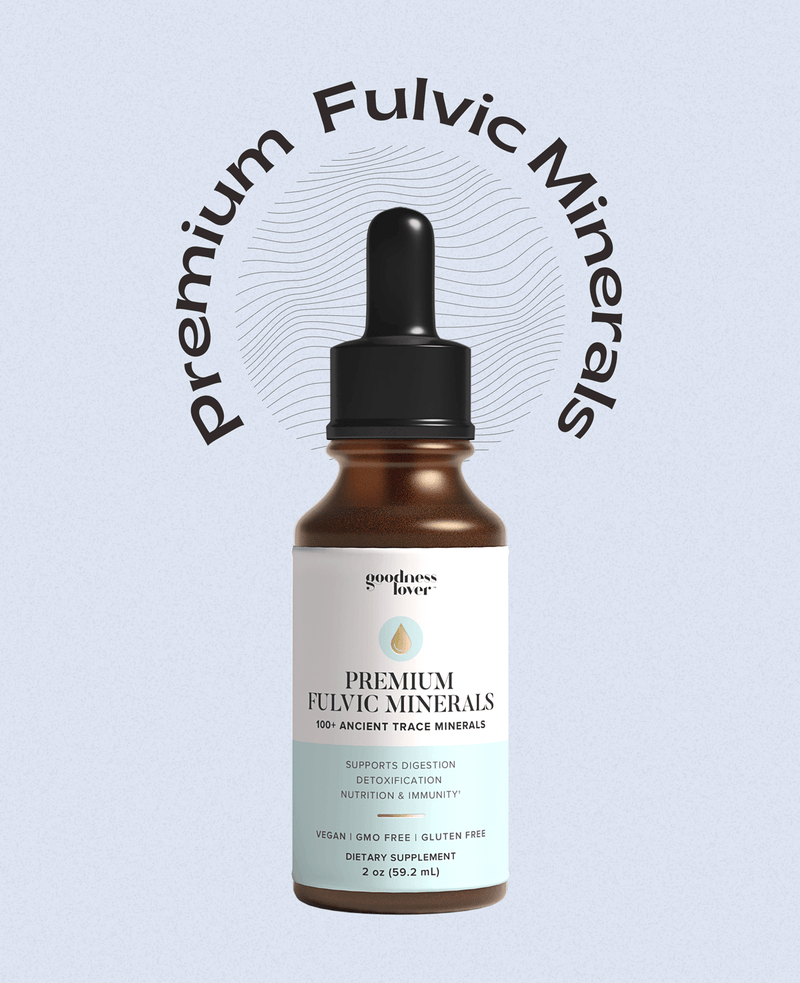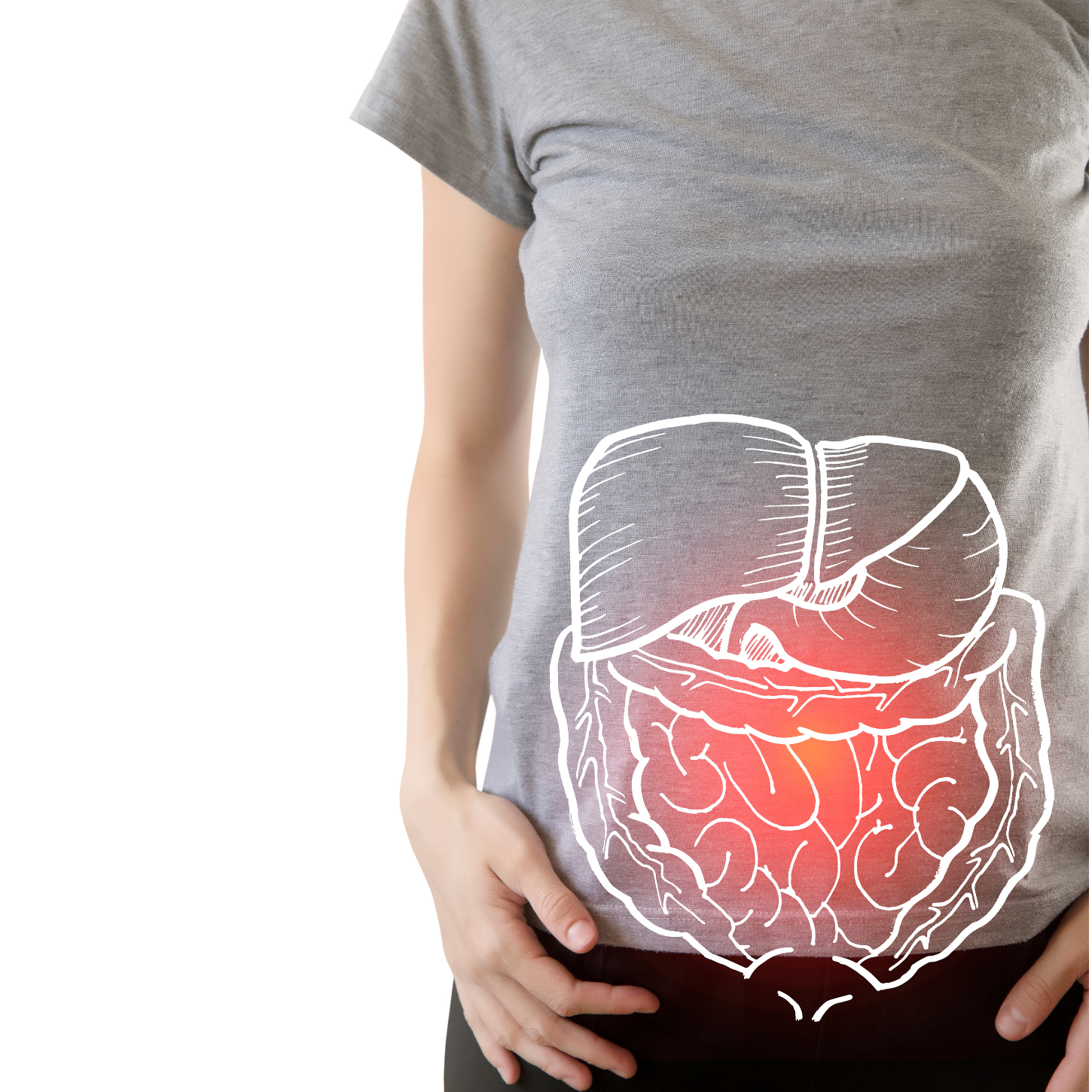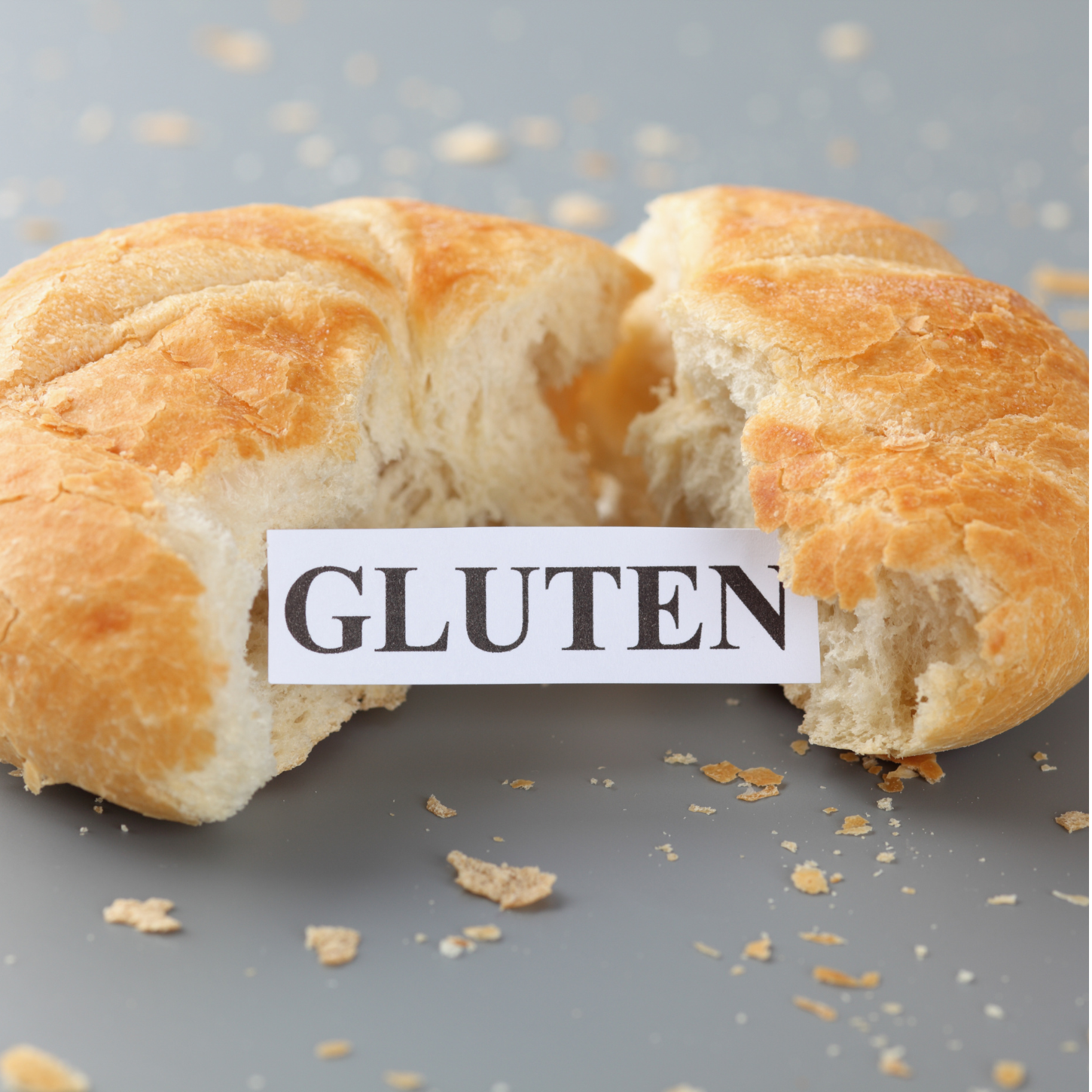With so much conflicting information floating around, it can be hard to separate fact from fiction, which is why, in this video, I share with you what the science says about this food ingredient and whether or not you really ought to give up all things gluten.
Transcript: What's The Big Deal About Gluten, Anyway?
Gluten. One of the most controversial foods in the last decade. The problem is, it’s hard to get science-based information that hasn’t got an underlying agenda.
There’s a lot of money in convincing people to buy manufactured and processed gluten-free foods. In fact, the global gluten-free foods market is a whopping $7 billion USD and in just 10 years, it is projected to reach $14 billion USD.
Many people assume that staying away from gluten is a healthy choice.
In fact, a recent study that surveyed 3,000 people discovered that 20% had followed a gluten-free diet, even though they had not been diagnosed with celiac disease or gluten sensitivity.
But what does the science say? Is it a good idea for everyone to eliminate gluten?
Let’s start with: what is gluten?
Gluten is an umbrella term for proteins called prolamins (primarily glutenin and gliadin) found in wheat, rye, barley, and triticale. Thanks to cross-contamination during processing, other grains, specifically oats (unless labelled gluten-free) are also carriers of gluten.
In addition to being a protein, gluten is a binder and it’s the gluten in flour that makes everything stick together.
Now it's clear that some people should definitely avoid gluten such as those with celiac disease or gluten sensitivities.
Around 1% of the human population has diagnosed celiac disease, and not everyone who has it knows they have it. People with celiac disease remain sensitive to gluten throughout their life, so strict, lifelong adherence to a gluten- free diet is a must.
Even small amounts of gluten can cause harm. In fact, research has shown that eating gluten can elevate your gluten antibodies for up to three months, meaning that even if you only ate gluten four times per year, you would be in a state of chronic inflammation year-round!
Some people have such severe celiac disease that they cannot even eat a food that has trace amounts of gluten. Nor can they eat something that went through processing in a facility that also makes gluten-containing foods.
Although celiac disease is the most severe form of gluten intolerance, 0.5 to 13% of people may also have non-celiac gluten sensitivity, a milder form of gluten intolerance that can still cause symptoms such as joint pain, skin problems, headaches, mental disorders and digestive problems, and lead to inflammation.
For those with gluten sensitivity, the aim is not to remove gluten forever, but to remove it for a time while you use nutrients such as L-glutamine, vitamin D and probiotics to heal your gut.
Two other groups of people should also consider removing gluten from their diet. Studies have shown that those with autoimmune thyroiditis saw improvements in their symptoms after being on a gluten-free diet as well as improvements in thyroid markers.
Other research has found gluten-free diets to be beneficial for some people with inflammatory conditions such as irritable bowel syndrome, fibromyalgia, and endometriosis, and some studies have even reported an improvement in autism behaviors when adhering to a gluten-free diet. More research is required here though.
One other thing when it comes to gluten is the company it often keeps. For instance, many gluten-containing products contain glyphosate (also known as Roundup), a pesticide which has been linked to over 42,000 cancer lawsuits!
Sheesh, that’s a lot for Monsanto to bear!
Now, for the majority of the population who don't have these conditions, there is no scientific evidence that removing gluten from the diet is needed for good health.
In fact, it may even be detrimental.
While gluten has gotten a lot of bad press, its health benefits are rarely spoken of. But the science shows that gluten may actually provide significant health benefits.
- Gluten-containing whole grains may help prevent a host of chronic diseases including heart disease (the world’s number one killer), type 2 diabetes, and colorectal cancer.
- Gluten may boost immune function and improve your ability to fight viruses and cancer
- Gluten is a high-protein alternative for meat or soy
- Gluten-containing grains are high in fiber as well as many other nutrients including magnesium, phosphorus, zinc, copper, manganese, and selenium
One study found that going for a month on a gluten-free diet might hurt the gut microbiome and immune function, potentially setting those on a gluten-free diet up for an overgrowth of harmful bacteria in their intestines.
We should also keep in mind that nobody eats gluten in isolation. Some people who think they are sensitive to gluten could actually be reacting to other food ingredients, particularly poorly absorbed carbohydrates present in wheat and many other foods.
Despite being one of the biggest health trends of the past decade, a gluten-free diet is not necessarily a healthy diet and it can be up to three times more costly.
A review of 21 studies concluded that individuals following a gluten-free diet commonly fall short of important vitamins and minerals, such as vitamin D, vitamin B12, folate, iron, magnesium, calcium, and zinc.
The risk is even greater when gluten-containing foods such as whole grain bread are replaced with highly refined gluten-free alternatives. This is because gluten-free processed foods are typically lower in fiber, vitamins, and minerals, and usually have a higher glycemic index. Gluten-free products are also often highly processed and heavily chemically altered.
So what’s the verdict?
In case you’re still confused, let me summarise.
If you have celiac disease, avoiding gluten is a must. If you have non-celiac gluten sensitivity, avoiding gluten is a good idea. If you have any of those conditions I listed before, it would be wise to try a gluten-free diet, although be wary of processed gluten-free alternatives.
But, if you’re not one of these people, then gluten-containing products are beneficial and can add value to your health. Just make sure they’re 100% whole grain.
Well I hope I have cleared up any confusion on the topic. If you enjoyed this video, please like and subscribe and please share in the comments any healthy gluten-free products that you love.
And if you would like to learn more about gluten and its role in autoimmune disease, check out this video here.














What Do You Think? Comment Below: